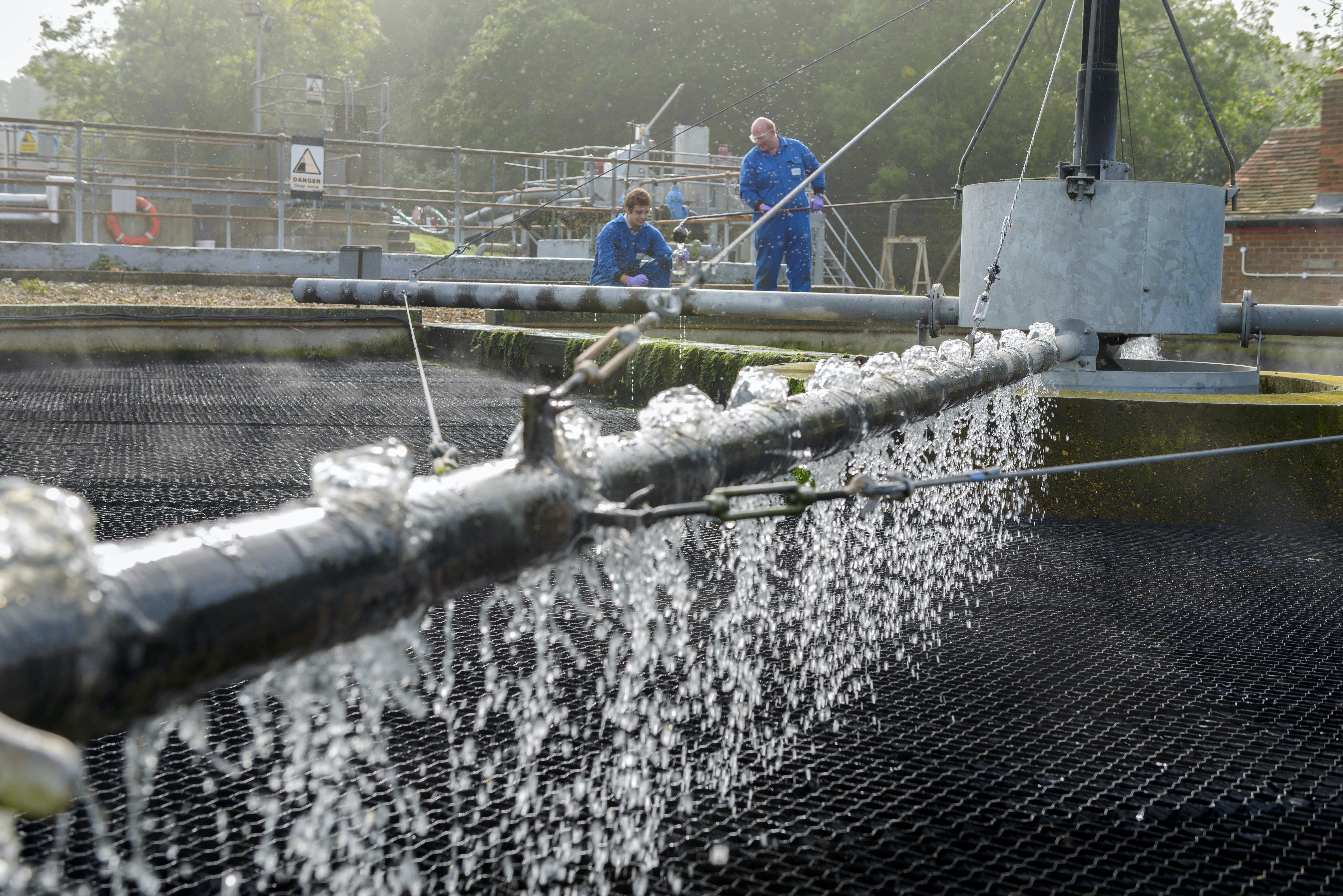Sewage tests at schools and offices could reveal whether Covid lockdowns are working
Both US and UK scientists think waste surveillance holds the answer to early detection of outbreaks

Scientists could soon work out coronavirus infection rates and the impact of lockdown measures to tackle the disease by monitoring our sewage at schools, universities and offices.
Wastewater has been shown to be a robust source of Covid-19, since those infected shed the virus in their stool.
A new US study identifies a method that not only detects the coronavirus in sewage, but also tracks whether the infection rates are going up or down.
Experts were able to measure genetic material from the virus in the form of ribonucleic acid (RNA) in both liquid and solid waste, according to the report published in Environmental Science & Technology.
“Wastewater data complements the data from clinical testing and may provide additional insight into Covid-19 infections within communities,” said co-author Alexandria Boehm, a professor of civil and environmental engineering at Stanford University.
It comes as scientists in the UK hope to monitor sewage from schools, universities, prisons and office buildings in a bid to pick up on coronavirus outbreaks as early as possible.
A paper released by the government’s Scientific Advisory Group for Emergencies (Sage) last month revealed that pilot studies at at 90 waste treatment sites across Britain have shown wastewater to be an accurate indicator of infection levels in an area.
Researchers said sifting through wastewater could be used to discover outbreaks in individual buildings or institutions like schools, prisons or offices.
The Sage report concludes: “Beyond identifying community-scale hotspots, waste water monitoring can be applied at building-scale for the management of outbreaks in discrete populations.”
Covid-19 remains hard to track, with many asymptomatic or mild cases going undetected. Faster identification of case spikes could allow local officials to act more quickly before transmission becomes difficult to contain.
The US scientists – led by experts at Stanford University and the University of Michigan – found the settled solid samples had higher concentrations and better detection of Covid-19 compared to the liquid versions.
“These results confirmed our early thinking that targeting the solids in wastewater would lead to sensitive and reproducible measurements of Covid-19 in a community,” said co-author Krista Wigginton, associate professor in civil and environmental engineering at the University of Michigan.
“This means that we can track upward trends when cases are still relatively low,” she added.
The team is launching a new pilot this month to sample up to eight wastewater treatment plants in California daily, with a 24-hour turnaround time. The pilot aims to better understand what types of almost real-time data are useful to public health officials.
Join our commenting forum
Join thought-provoking conversations, follow other Independent readers and see their replies
Comments

Bookmark popover
Removed from bookmarks